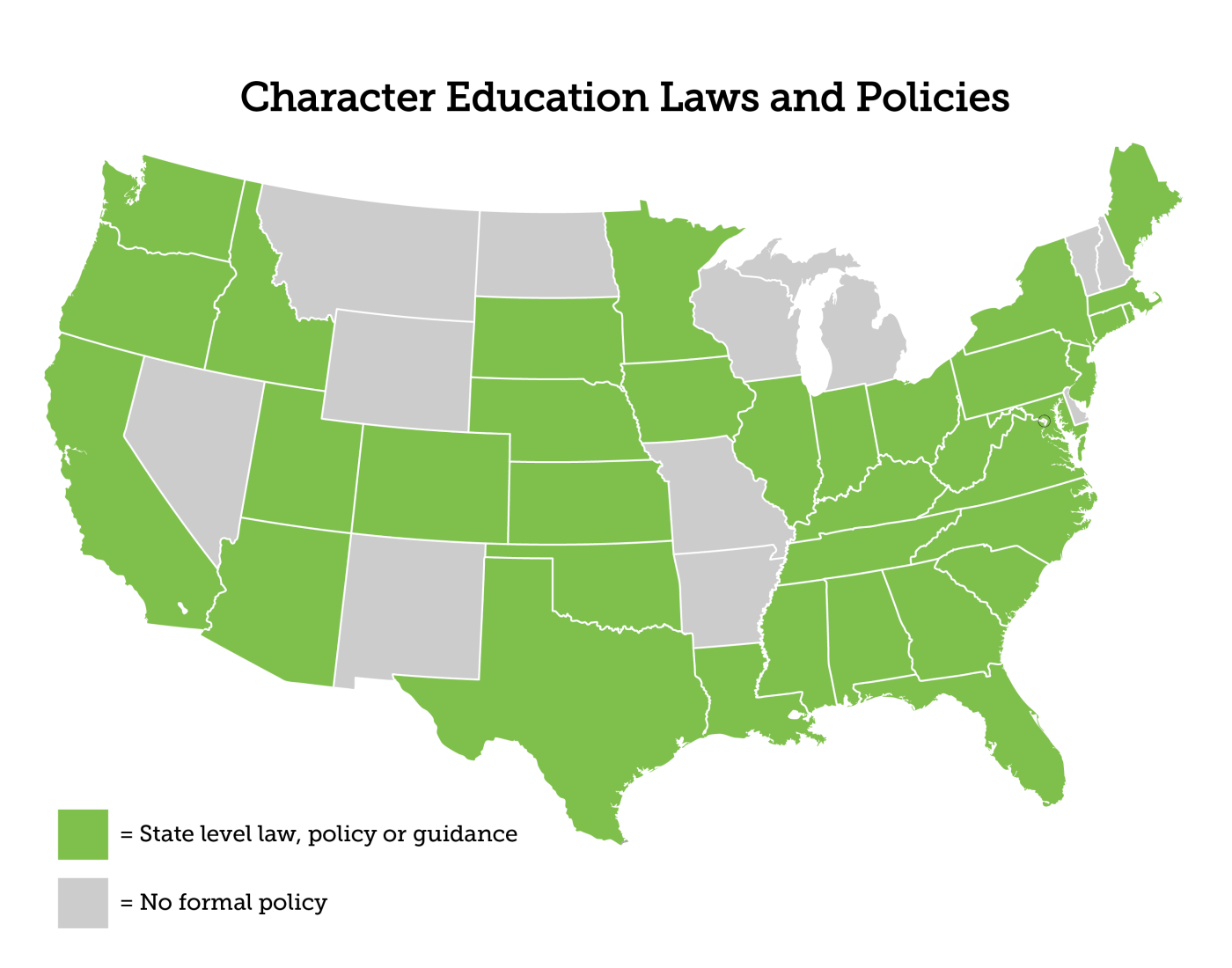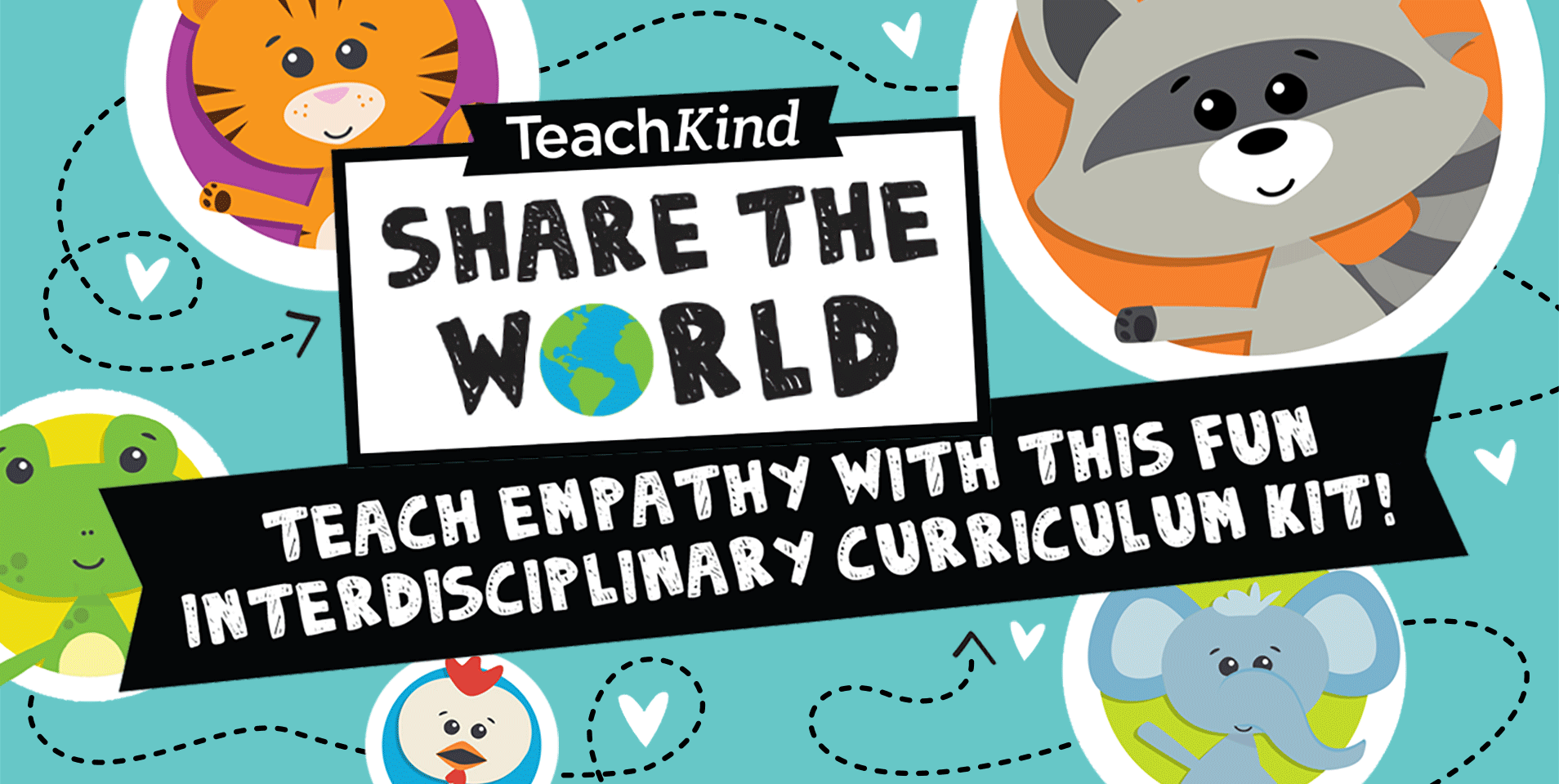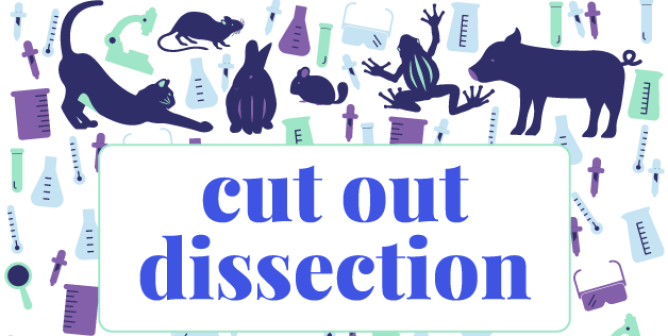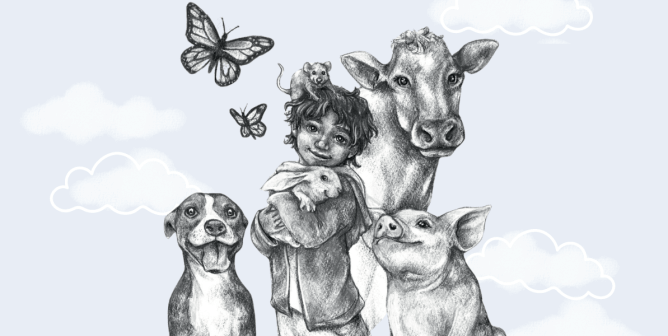Nurturing the Whole Student, Starting With Compassion for Animals
According to the American School Counselor Association (ASCA), “[S]chool counselors are vital members of the education team. They help all students in the areas of academic achievement, career readiness and social/emotional development, ensuring today’s students become the productive, well-adjusted adults of tomorrow” (emphasis added). Indeed, guidance counselors are charged with offering many services to students, not the least of which is teaching compassion for all.
In the United States, a staggering 46 million children are exposed to violence, crime, and physical and psychological abuse every year. Domestic violence often coincides with animal abuse, and many students may be fated to perpetuate the cycle as a result of their personal experiences at home or in their neighborhood. Statistics show that kids who hurt animals might be on a dangerous path that will only get worse if not corrected. There’s an epidemic of youth violence against animals, and the FBI has identified cruelty to animals as a warning sign of more violence to come, as many school shooters and serial killers have a history of abusing animals.
Bottom line: Kids who see someone hurting living, feeling beings at home or who hurt animals themselves may eventually move on to hurt humans.

Below are a few key resources that guidance counselors can use to nurture the whole student and connect with each child individually, through lessons in kindness to animals:
Character Education
Humane education builds empathy for animals and other humans. The ASCA’s position statement on character education encourages counselors to promote pro-social behavior by “implementing school counseling core curriculum activities that promote positive character development while helping all students develop clear academic, career and social/emotional goals.” Many states have specific guidelines for character education—check to see if yours does here.
 Share the World
Share the World
TeachKind’s Share the World curriculum kit uses fun analogies, easy-to-understand values, inspiring animal videos, and true stories of animals who overcame adversity. It shows students how similar we are to the other animals, large and small, with whom we share the world. As schools across the country face an epidemic of bullying, it’s never been more important to teach students the value of compassion and empathy when interacting with each other and the animals around them.

Small Words Can Make a Big Difference
When counseling at-risk students who may not have been taught that animals are thinking, feeling beings, the language that we use is important. We want to refer to animals as “he” or “she,” rather than “it”—and describe them as if we were talking about a colleague instead of an inanimate object. You can promote compassionate actions such as spreading the message of kindness with TeachKind’s anti-bullying poster, using animal-friendly idioms, and creating an “It Jar” for your office.
 Positive Referrals
Positive Referrals
TeachKind is a trailblazer in humane education, and we would love to give you a shout-out for incorporating kindness to animals in your guidance practices! Send us an e-mail sharing how you do it for a chance to be featured in an upcoming blog post about humane guidance counselors’ best practices.

Please spread the word to all the school counselors you know!





